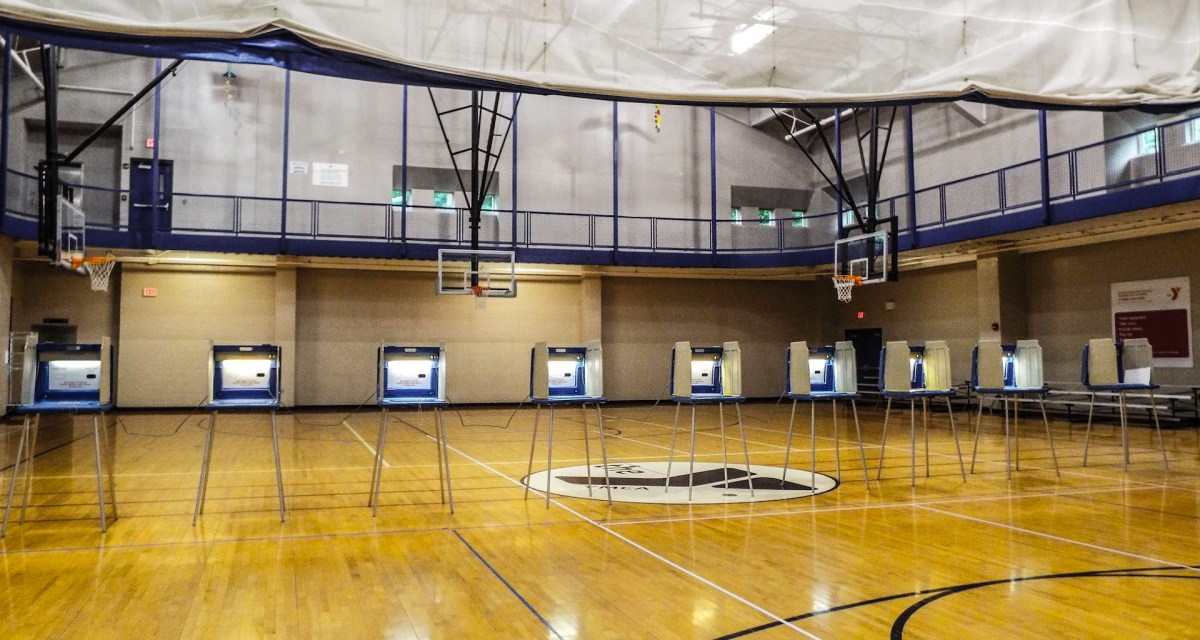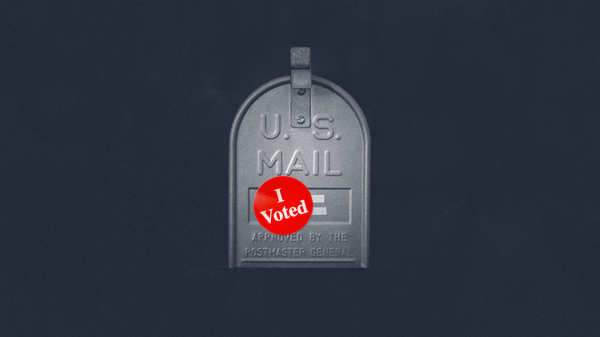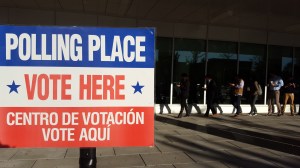Election security bill still needs work in some areas, state officials tell Senate sponsors

Several secretaries of state are telling the main backers of a Senate election security bill that the legislation might need tweaks to how it addresses information sharing, state-federal communication channels, funding mechanisms and post-election audits, among other things.
The secretaries, who are the top election officials in their states, met with bill sponsors James Lankford, R-Okla., and Amy Klobuchar, D-Minn., in person and via phone Monday to discuss the Secure Elections Act. The legislation is intended to bolster election security by smoothing out coordination between the state and federal levels and providing states financial support for operations and equipment upgrades. State secretaries from Indiana, Louisiana, Minnesota, Missouri, Colorado and New Mexico participated in the meeting.
A spokesperson for Indiana Secretary of State Connie Lawson said that the secretary suggested quicker intelligence reporting to states. Among the ways the Department of Homeland Security is currently coordinating with states is by sponsoring security clearances for state election officials to review information about election security threats. In a Senate Intelligence Committee hearing in March, DHS cybersecurity official Jeanette Manfra told lawmakers that the department had issued clearances to 21 officials in 19 states.
A DHS spokesperson did not respond to request for comment the current number of clearances. DHS and the Election Assistance Commission would be the point agencies to carry out much of what the bill would offer.
Colorado Secretary of State Wayne Williams brought up the way the bill addresses election audits, according a spokesperson. The bill aims to allocate funding to incentivize states to conduct risk-limiting audits, whereby a certain percentage of ballots are counted by hand post-election to statistically verify the results’ authenticity. Election security experts have advocated for such audits as a way to detect whether results were altered by possible hacking.
“One area in particular for Colorado addresses changing the definition of an audit to reflect our more advanced process,” Williams said through the spokesperson.
Colorado became the first state in the country last year to conduct a statewide risk-limiting audit. The spokesperson did not clarify how the bill’s definition differs from Colorado’s.
“The conversation did go very well and was an opportunity for the senators to hear directly from secretaries of state about how they would implement the law and whether or not additional resources might be needed,” D.J. Jordan, a spokesperson for Lankford, told CyberScoop.
Maria Benson, director of communications for the National Association of Secretaries of State, told CyberScoop that the group appreciates Lankford and Klobuchar for holding the meeting, but that NASS has not taken an official position on the bill.
“During the meeting specific suggestions to the bill were made, including faster intelligence reporting to the states among other things. It is our hope the Senators will take them into consideration and we look forward to continued positive discussions,” Benson said in an email.






